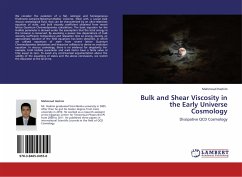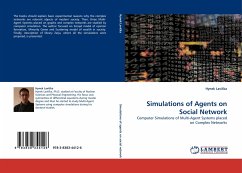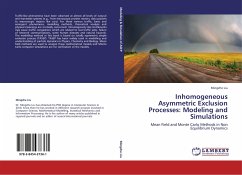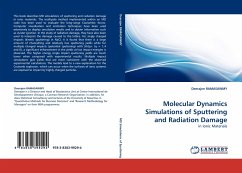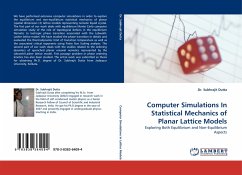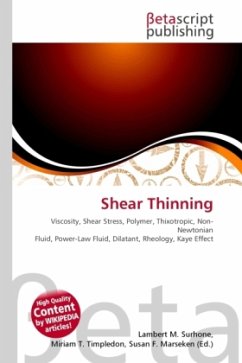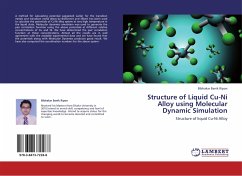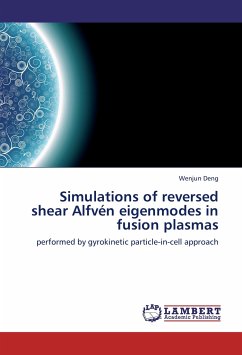
Simulations of reversed shear Alfvén eigenmodes in fusion plasmas
performed by gyrokinetic particle-in-cell approach
Versandkostenfrei!
Versandfertig in 6-10 Tagen
39,99 €
inkl. MwSt.

PAYBACK Punkte
20 °P sammeln!
In fusion plasmas, generated from heating sources or fusion products, energetic particles can excite Alfvén eigenmodes, which undermines energetic particle confinement. To reduce or avoid this problem, behaviors of energetic particles and Alfvén eigenmodes need to be studied in detail. In this book, a nonlinear gyrokinetic simulation model, which recovers the ideal magnetohydrodynamic (MHD) theory in the linear long-wavelength regime, is formulated for studying kinetic MHD processes in magnetized plasmas. This comprehensive formulation enables gyrokinetic simulation of both pressure gradient...
In fusion plasmas, generated from heating sources or fusion products, energetic particles can excite Alfvén eigenmodes, which undermines energetic particle confinement. To reduce or avoid this problem, behaviors of energetic particles and Alfvén eigenmodes need to be studied in detail. In this book, a nonlinear gyrokinetic simulation model, which recovers the ideal magnetohydrodynamic (MHD) theory in the linear long-wavelength regime, is formulated for studying kinetic MHD processes in magnetized plasmas. This comprehensive formulation enables gyrokinetic simulation of both pressure gradient-driven and current-driven instabilities including ideal and kinetic ballooning modes, kink modes, and shear Alfvén waves, as well as their nonlinear interactions in multi-scale simulations. Implemented in the gyrokinetic toroidal code (GTC), the new formulation is verified in simulations of reversed shear Alfvén eigenmode (RSAE). The verified model is then applied to studying the linear properties of RSAE driven by density gradient of neutral beam injected fast ions in a well-diagnosed DIII-D tokamak experiment.



